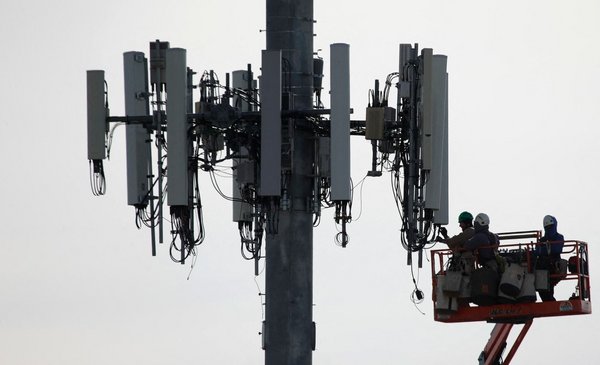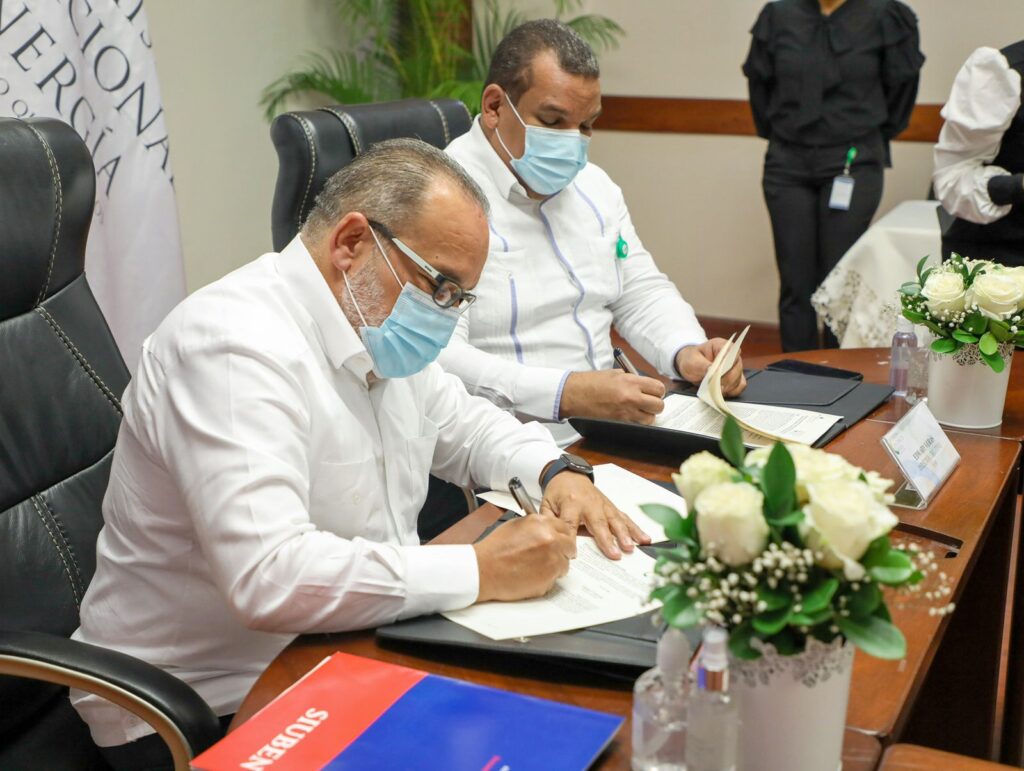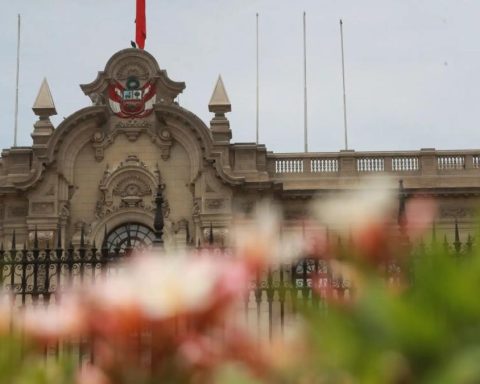Movistar asked to establish and guarantee the conditions of neutrality in order to face the challenge of upcoming technologies, such as 5G. It will be a “fundamental condition for the future development of the telecommunications sector in Uruguay,” the company said in a statement made public on Wednesday in which it warned that the country “retains a series of asymmetries that limit competition and that, not be fixed before moving forward with the technology agenda, they are likely to exacerbate those limitations.”
In relation to the characteristics of the Uruguayan market, in which private companies compete with the state-owned Antel, which has a monopoly on certain services, the company stated that the country faces the “great challenge” of generating the necessary conditions to deploy upcoming technologies, in which other countries are already making progress.
The company stated that countries are currently competing to attract investment in this sector, in order to be at the forefront of connectivity. “And it has been shown that the most advanced countries are those that establish conditions of healthy competition, that promote investment, encourage innovation and, ultimately, provide greater well-being to consumers.”
According to the Commission for the Promotion and Defense of Competition of Uruguay of the Ministry of Economy and Finance, “state intervention is needed to facilitate the competitive functioning of markets and that their benefits reach society as a whole. (…) The Law prohibits monopolies from using their power to prevent possible competition from new companies (…)”.
For competition to be sustainable in a context in which a company monopolizes certain services (fixed telephony and Internet access) and, at the same time, competes in other services with other companies (mobile), it is necessary to establish a series of of conditions that tend to neutralize that the dominant operator uses as advantages in the services in competition, he adds. Other companies can’t replicate those advantages, he explains.
In other countries there are a series of regulatory measures that resolve this situation, such as accounting separation with cross-subsidies control; and access to essential infrastructure, among others.
Movistar pointed out that “purchase by direct assignment, which is an exception, has become the rule, which makes the public operator the State’s almost exclusive supplier.”
In this sense, the firm stated that in the face of the deployment of 5G technology, there are other aspects that require a complete reformulation. For example, he pointed out, benefits for the state operator when it comes to accessing the radio spectrum, or the impossibility for other operators to access essential infrastructures, which only the state operator had the possibility of developing.
Movistar has been in the country for 30 years and was the company that first brought mobile services to Uruguay. “We have invested more than US$650 million in infrastructure and spectrum. We have our own network that reaches more than 93% of the population throughout the country. We have the Telefónica Movistar Foundation, which is dedicated to reducing the digital divide through actions focused on education. We generate almost 2 thousand direct and indirect jobs in Uruguay. And we consider it important to present our vision regarding the aspects that affect the telecommunications sector, because we are committed to the development of the country”, the company explained.

















